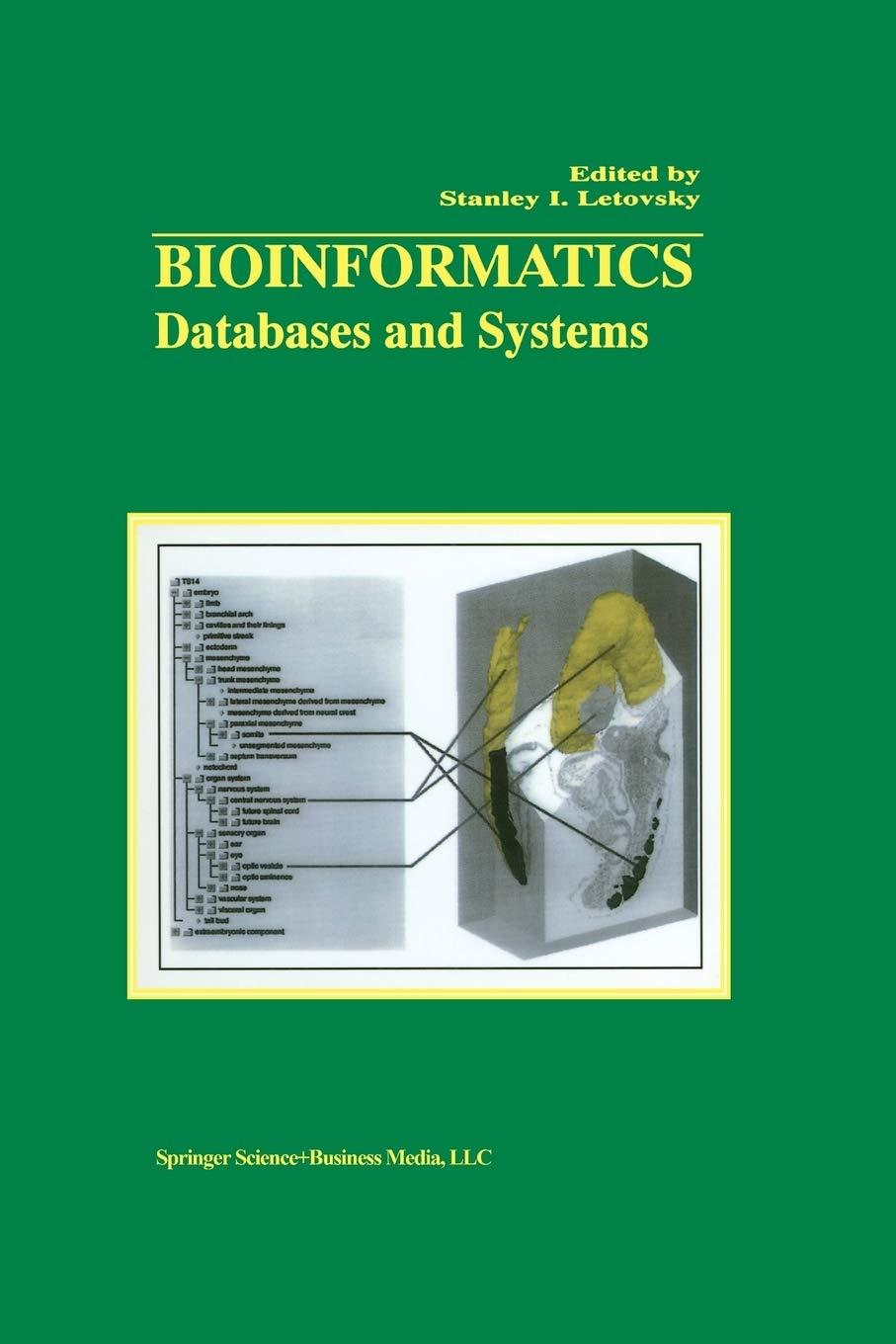Question
1.Using the following grammar, show a parse tree and a leftmost derivation for the following sentence (make sure you do not omit parentheses in your
1.Using the following grammar, show a parse tree and a leftmost derivation for the following sentence (make sure you do not omit parentheses in your derivation. Parentheses, because they are terminal symbols, should have edges in your parse tree as well.):
Grammar
Derive
C = (A * (B + C) * C)
2. Consider the following grammar (S is the start symbol; 0 and 1 are terminal symbols; A and B are non-terminals)
S 0A | 1B A 1B | 1 B 0A | 0
Explain, in your own words, what the grammar generates? Which of the following sentences are in the language generated by the grammar? Show derivations. If a sentence cannot be generated by the grammar, explain why.
- 0001110
- 1010101
- 1100011
- 0101010
3.For the following grammar and the right sentential form E + (T * F + id * id) draw a parse tree and show all phrases, simple phrases, and the handle (E, T, and F are nonterminal symbols; E is the start symbol). E E + T | T T T * F | F F (E) | id
4. Transform the following left recursive BNF grammar into an equivalent non-left recursive grammar (S and A are nonterminal symbols; S is the start symbol; a and b are terminal symbols): S aSb | bAS A AbA | bAA | Aa | aAb
Step by Step Solution
There are 3 Steps involved in it
Step: 1

Get Instant Access to Expert-Tailored Solutions
See step-by-step solutions with expert insights and AI powered tools for academic success
Step: 2

Step: 3

Ace Your Homework with AI
Get the answers you need in no time with our AI-driven, step-by-step assistance
Get Started


